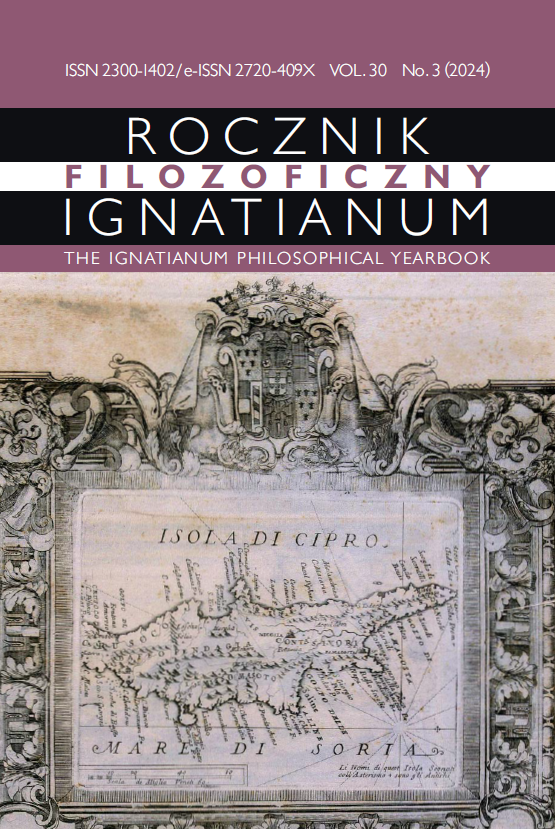The Governments of Communist States towards Pope John Paul II (1978–1981)
Abstract
The subject of this article is the position of the authorities of communist states in Europe towards the election of Karol Wojtyla as Pope in 1978 and his first years at the Vatican. The text is an outline of the problem based primarily on the literature on the subject and source publications. The author’s attention is focused on Poland, as well as on other countries with a significant number of Catholics within their borders: Czechoslovakia, Hungary and the Soviet Union. In particular, the reactions of the authorities to John Paul’s visit to Poland are discussed, as well as measures taken to combat Vatican influence in the Soviet bloc countries. The closing caesura is the assassination attempt on the Pope on 13 May 1981.
Copyright (c) 2024 Ignatianum University in Cracow

This work is licensed under a Creative Commons Attribution-NoDerivatives 4.0 International License.
The Yearbook only accepts materials for publication that are free of all conflicts of interest, and that in no way involve conflicts over authorship, copyright, etc. The Editors will take action against any cases of plagiarizing, ghostwriting1, guest/honorary authorship2, etc. Where co-authored work is concerned, the Author listed first is expected to take responsibility for the submission, and is required to make clear the contributions of all of the Co-Authors involved. In the event of the publication owing its existence to funding dedicated to this purpose, this fact should be made clear: e.g. in any note of thanks/acknowledgement, or in a footnote, etc. Explicit notification should be given of any form of reprinting, with the appropriate evidence of permission to publish being furnished as required. Any impropriety on the part of Authors/Reviewers risks exposing them to appropriate responses from the relevant institutions.
______
1 This term refers to instances of a person who has made an essential contribution being omitted from the list of authors, or from notes conveying gratitude and/or acknowledgement.
2 This occurs when a person who has made either an insignificant contribution or no contribution at all nevertheless appears on the list of authors.





